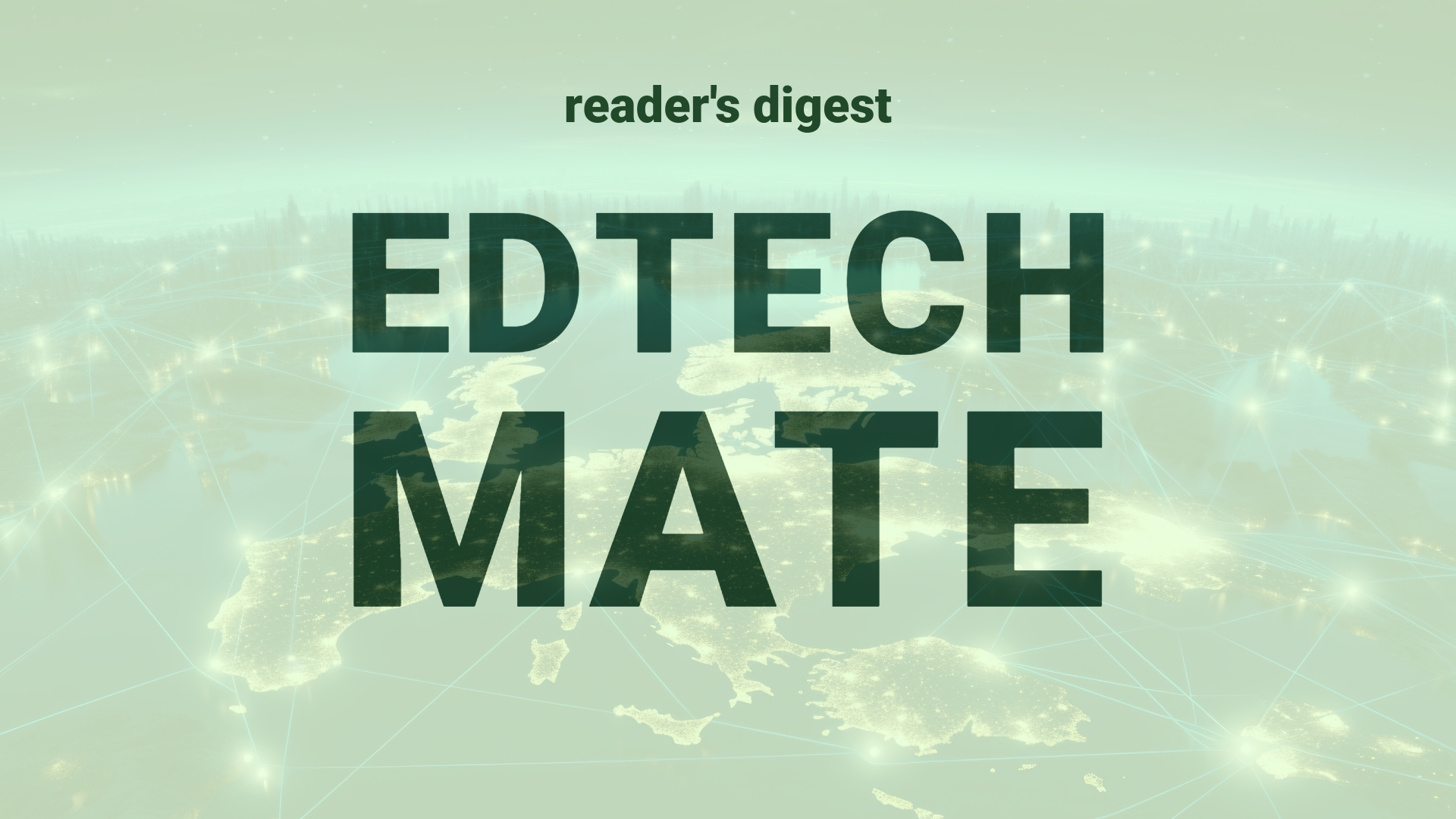Executive Summary and Main Points
The conversation between Rikki Singh, a McKinsey partner, and Scott Johnston, CEO of Docker, emphasizes the significance of focus, simplification, alignment, and repetition in the scope of scaling software platforms. Johnston reflects on his career journey, elucidating how understanding customer needs is vital for product success. Development culture is marked as a high priority, with observations on how internal tooling, infrastructure, and the role of developers as innovators are crucial. They discuss the importance of measuring success through KPIs like developer productivity and code deployment velocity. Lastly, the dialogue addresses the dynamics of open-source, the integration of generative AI tools in engineering, and strategic approaches to maximize the benefits from community engagement.
Potential Impact in the Education Sector
The insights from Docker’s CEO can significantly affect Further and Higher Education and Micro-credentials. A focus on simplifying platforms and aligning educational technologies can improve learning experiences, enabling institutions to cater to diverse learner personas with clarity. Repetition in strategic communication strengthens institutional vision and goals. Furthermore, embracing generative AI in curriculum development and administration can enhance efficiency and innovation. Open-source dynamics applied in an educational context could foster collaborative learning and software development environments, preparing students for real-world applications.
Potential Applicability in the Education Sector
Docker’s discussion on developer tooling and infrastructure presents applicability in customizing educational platforms to support student creators, fostering innovation and practical learning experiences. By treating educational technology platforms as evolving products, institutions can adapt Agile methodologies, ensuring tools serve altering educational needs effectively. Integration of generative AI could assist in tasks like curriculum design, research analysis, and personalized learning, offering groundbreaking prospects for student engagement and success.
Criticism and Potential Shortfalls
The approach discussed mainly focuses on the tech industry, which may not fully align with educational cultures that involve bureaucracy and varied stakeholder interests. A critical analysis must consider the demand for customizations in technology to fit the diverse educational policies globally. Ethical implications of AI use in Higher Education, such as data privacy and bias, as well as cultural considerations in global education systems, must be analyzed against the backdrop of international case studies to ensure responsible and inclusive integration.
Actionable Recommendations
Educational leaders should consider re-evaluating their technological strategies to ensure alignment with mission-driven objectives, much like tech companies aligning with business goals. Emphasizing a product management approach to internal educational tools could address varying needs across diverse academic departments. Encouraging innovation through hackathons or incentivizing contributions to open-source educational projects could also enrich the academic community’s resources. Lastly, integrating developer operations into education could streamline the adoption of new teaching and learning technologies for faculty and students alike.
Source article: https://www.mckinsey.com/industries/technology-media-and-telecommunications/our-insights/scott-johnston-on-designing-and-building-scalable-platforms

